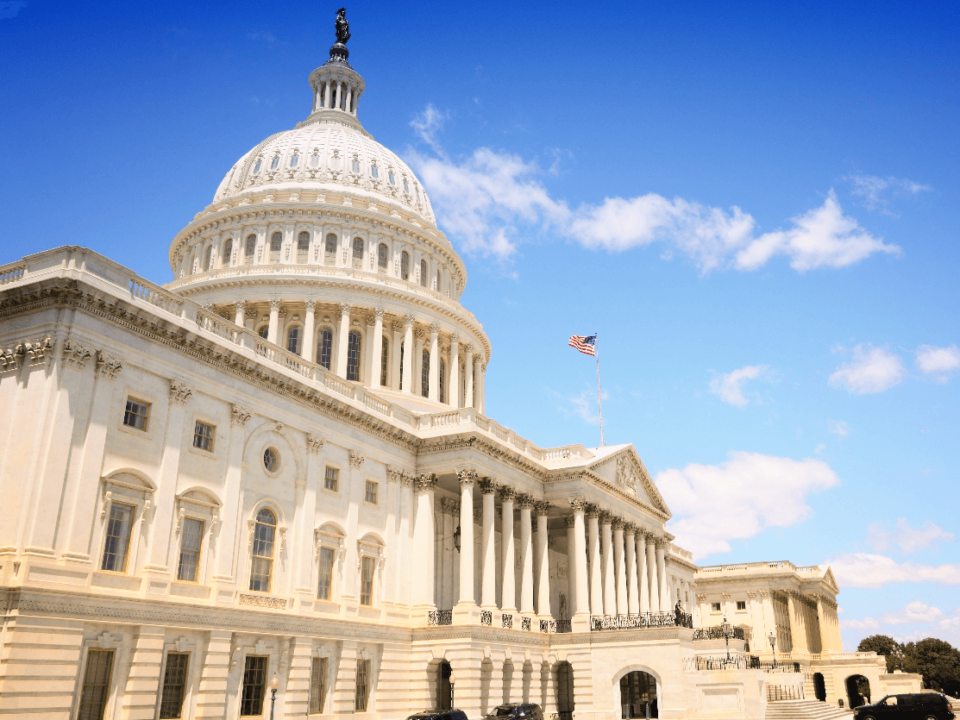
If you haven’t figured this out yet, the orange-tinted Congress of the United States doesn’t have the needs of common citizens in mind. The most obvious of this is their current efforts to strip the FCC regulations for the safeguarding of customer browsing data. They are currently working to strip these regulations out so that corporations can make more money off of selling your data. What do you get in return? Nothing. Not even the option to opt out of this.
Let’s look at this closely and figure out what you can do to protect yourself. The pumpkin inspired Congress does not have your best interest at heart. You’re going to have to learn how to take care of yourself online.
Congress to strip FCC regulations protecting you online
What exactly is going on?
A resolution has passed in Congress that is looking to roll back privacy laws enacted by former President. Barack Obama. This was put forward by Sen. Jeff Flake, and Rep. Marsha Blackburn. They are looking to eliminate requirements introduced during the Obama administration which required ISPs to get customer permission before selling off their user data.
Sen. Flake thought he was cute when he said of the bill:
“It empowers consumers to make informed choices on if and how their data can be shared.”
This is classic doublespeak as it does not actually give people the choice, it forces a choice on them. It will make it so that your ISP never has to ask you a single question about whether or not your information is collected and sold off to whomever has the money to purchase it.
CALL YOUR SENATORS. There's a bill likely to pass that drops FCC regulations like flies! Bye bye, relative privacy & net neutrality. #FIGHT
— Katie G. (@katieofanywhere) March 11, 2017
What were President Obama’s FCC regulations protecting?
The FCC rules the President Obama passed were looking to protect these seven parts of your online browsing habits:
- Financial and health data
- Geo-location data
- Information about your children
- Social security numbers
- App use
- Communications
- Web browsing history
The requirement that your ISP obtain specific approval from you before sharing any of this was included. How much of that information above do you want getting out to anyone feels like paying for it? How much of that information above do you want getting out to anyone who feels like stealing it from those who pay for it? Somewhere in those seven points is information that you want private. This is a nonpartisan issue, protecting this information is important.
.@realDonaldTrump's @FCC has already fired the opening salvo in their war on #NetNeutrality & broadband privacy that protects consumer info. pic.twitter.com/OUUprNcRTi
— Ed Markey (@SenMarkey) March 8, 2017
How can you protect this information from your ISP?
Your ISP collects this information when they spy on your connection through their servers. They can access any of the information from the seven points above and record it, and then sell it on to data miners and companies that are looking to market to you more effectively. It all comes down to money changing hands, it doesn’t do anything for you.
There’s only one way that you can protect yourself. You need to choose a VPN provider that will encrypt your online activity so that your ISP cannot record it in the first place. You’re also going to want to choose a log-less VPN if protecting your information is truly important to you. The top three that I would recommend are:
These three VPN providers are renowned for their incredible privacy policies. They can easily protect you from having your data collected by your ISP, preventing you from risk due to the FCC online privacy regulations being stripped.
